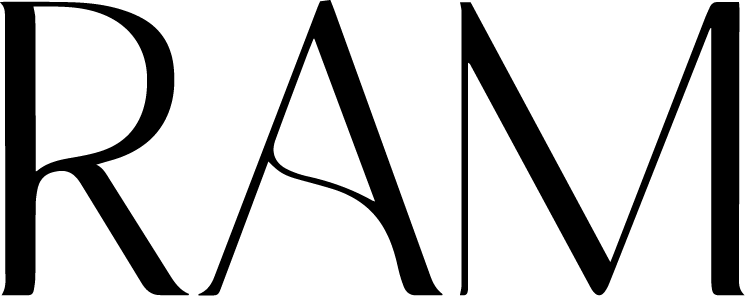The Bright Side
April 15 - June 3, 2023
Reception: April 15th, 3 pm - 5 pm
A work of art sets out to transport the viewer; a color plucks an emotion, an image evokes a memory, and an object's physicality jolts our understanding of space and form. This exchange requires participation by way of intrigue or engagement. Yet, the installations of Rotem Reshef are so intentionally designed that upon entering, the viewer has no choice but to surrender to the experience. Initially enveloped by pure scale, nature is overtly conveyed through color and the ghost-like shadows of plant cuttings which make their way through the gradient washes of pigment. Reshef's visual language brazenly unites nature, process, and feminist thought, revealing an inherent interest in eco-feminism.
The body of work displayed in The Bright Side evolved from Reshef's desire to unite her art practice with activism. In Hebrew, the word "Tikkun" means to amend or fix. As a painter and installation artist, Reshef is looking for ways to heal our environment by reflecting on ecological themes. Though united in awareness and process, the specific subject matter addressed varies and is explicitly determined by where the installation occurs. Each installation communicates a value of place by employing plant life from the region and addressing geographically specific issues. Both Vista and The Bright Side pay homage to the surrounding environment and elegantly present the ecological complexities of the Central Valley.
“On display in The Bright Side are two scrolls painted at the Panorama Vista Preserve in Bakersfield, while the last scrolls painted for the VISTA exhibition at BMoA were drying out at my local temporary studio. I went out to the nature I was so familiar with as I was collecting plants there, yet this time I rolled out on the ground the canvases I brought with me and painted directly in nature. It was different than anything I had done before. I used all “the bright colors,” which did not fit the “Vista” canvases that mirrored Bakersfield’s desert climate. Working outdoors and reflecting directly on my surroundings encouraged an expansion of my studio practice's physical and conceptual boundaries.
The stretched canvases in the exhibition are all from the “Imprints” series; all were made using waste vegetation (branches, petals, ferns, leaves, etc.) collected in the streets, parks, and elsewhere the urban surroundings. I imprint these “relics” onto my canvases in a technique that resembles photograms. The plants that were out of the life cycle have a "second chance” through art, while these fossil-like ghostly compositions range from abstractions to more representational figurations.
In the spirit of Ecofeminism, I react to a world that has suffered dramatically from industries and human damage. I suggest a more compassionate approach to coexistence with nature out of respect and acknowledgment of its importance for centuries to come.” -Rotem Reshef.









